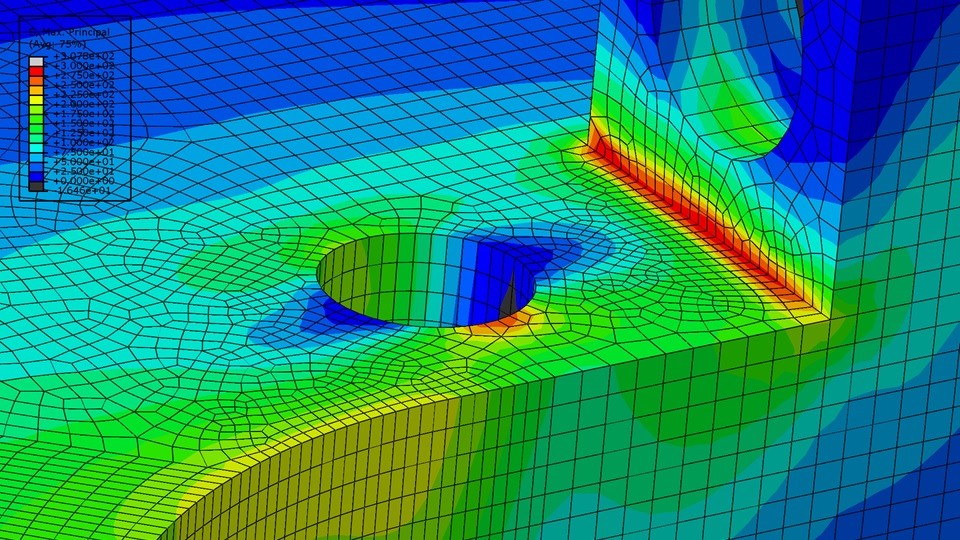Oil Additives Elemental Analysis Service
The Oil Additives Elemental Analysis Service offered by our laboratory is designed to provide precise and reliable analysis of elemental composition in oil additives. This service supports quality assurance, compliance, research and development (R&D), and procurement activities across various industries where the integrity and performance of lubricants are critical.
The analysis focuses on identifying key elements such as sulfur, phosphorus, calcium, zinc, iron, copper, and molybdenum that are commonly found in oil additives. These elements play crucial roles in enhancing the protective properties, wear resistance, and oxidation stability of oils used in a wide range of applications.
Our laboratory uses state-of-the-art instrumentation including Inductively Coupled Plasma-Optical Emission Spectroscopy (ICP-OES) and X-ray Fluorescence (XRF) to conduct these analyses. These methods ensure the accuracy and precision required for elemental quantification, ensuring that even trace amounts of elements are detected.
The service is particularly important for quality managers and compliance officers who need to verify that their suppliers adhere to specified standards regarding additive composition. R&D engineers can leverage this analysis to optimize formulation parameters or troubleshoot issues related to product performance. Additionally, procurement teams benefit from this service in ensuring they source high-quality additives.
The process begins with the receipt of a sample, which is then prepared according to standard procedures to ensure accurate results. After preparation, the samples undergo rigorous testing using our advanced analytical equipment. The data generated is meticulously analyzed and reported in compliance with relevant international standards such as ASTM D-4279 or ISO 16138.
This service not only aids in maintaining product quality but also helps prevent contamination that could lead to performance degradation. By ensuring the correct elemental composition, it supports longevity and efficiency of machinery using these lubricants.
In summary, our Oil Additives Elemental Analysis Service provides a critical component for maintaining high standards in oil additive quality assurance. It ensures compliance with industry regulations while supporting continuous improvement efforts within manufacturing processes.
Scope and Methodology
The scope of the Oil Additives Elemental Analysis Service encompasses the identification, quantification, and qualitative assessment of various metallic elements present in oil additives. The primary goal is to ensure that these additives meet specified quality standards set forth by industry norms and customer requirements.
Our methodology involves several key steps:
- Sampling: Samples are collected from the additive product under scrutiny, following established sampling protocols to guarantee representativeness.
- Precipitation and Digestion: The sample is subjected to a series of chemical treatments aimed at dissolving organic compounds while precipitating inorganic salts for easier analysis.
- Instrumental Analysis: Utilizing sophisticated instruments like ICP-OES and XRF, elemental concentrations are accurately measured. These instruments provide high sensitivity and precision necessary for detecting even minute quantities of elements.
- Data Interpretation: Results obtained from the analysis are interpreted against set acceptance criteria to determine whether they meet specified quality thresholds.
The entire process adheres strictly to international standards such as ASTM D-4279 and ISO 16138, ensuring consistency and reliability across all analyses conducted. This approach guarantees that our clients receive accurate, consistent results every time.
Industry Applications
The Oil Additives Elemental Analysis Service finds extensive application in multiple sectors where lubricant quality is paramount. These include automotive manufacturing, aerospace engineering, heavy machinery production, and industrial equipment maintenance.
In the automotive industry, this service helps manufacturers ensure that their engine oils contain optimal levels of anti-wear agents like zinc dialkyldithiophosphates (ZDDP). It also ensures that other additives such as detergents and dispersants are present in correct proportions to enhance fuel efficiency and reduce emissions.
Aerospace companies rely on this service to verify the quality of lubricants used in jet engines. High-quality additives help prevent wear and tear, thus extending engine lifespan and ensuring safe operations under extreme conditions.
Heavy machinery producers utilize our service to ensure that their gear oils have appropriate levels of corrosion inhibitors. This prevents premature failure due to oxidation and degradation caused by harsh operating environments.
For industrial facilities, this service ensures that lubricants used in critical applications like bearings and hydraulic systems are free from contaminants that could lead to operational disruptions or safety hazards.
Use Cases and Application Examples
One common use case involves quality assurance departments within manufacturing plants who need regular verification of additive content. By integrating this service into their routine inspection procedures, they can preemptively address any deviations from expected specifications before they impact production schedules.
R&D teams frequently employ our Oil Additives Elemental Analysis Service to explore new formulations or enhance existing ones. For example, if a team aims at developing an eco-friendly lubricant with reduced sulfur content while maintaining robust performance metrics, this service allows them to iteratively refine their formula until it meets all desired criteria.
Another instance pertains to procurement teams looking to source reliable suppliers of high-quality additives. By conducting periodic analyses on incoming batches from different vendors, they can establish trustworthiness based on consistent compliance with specified quality parameters.
A more advanced application entails integrating real-time monitoring systems that continuously track additive composition during manufacturing processes. This allows for immediate corrective actions whenever discrepancies arise, thereby enhancing overall product reliability and customer satisfaction.





